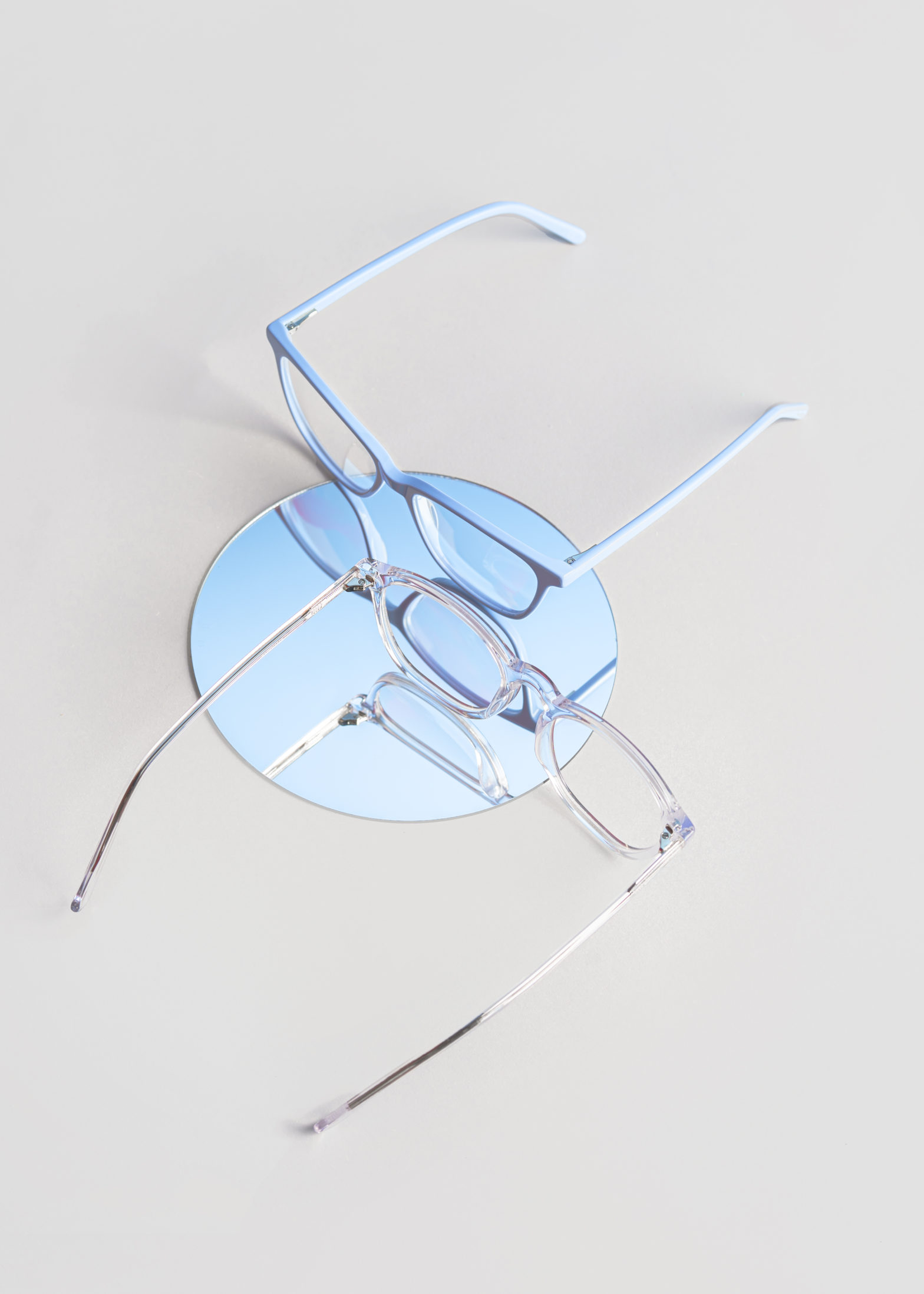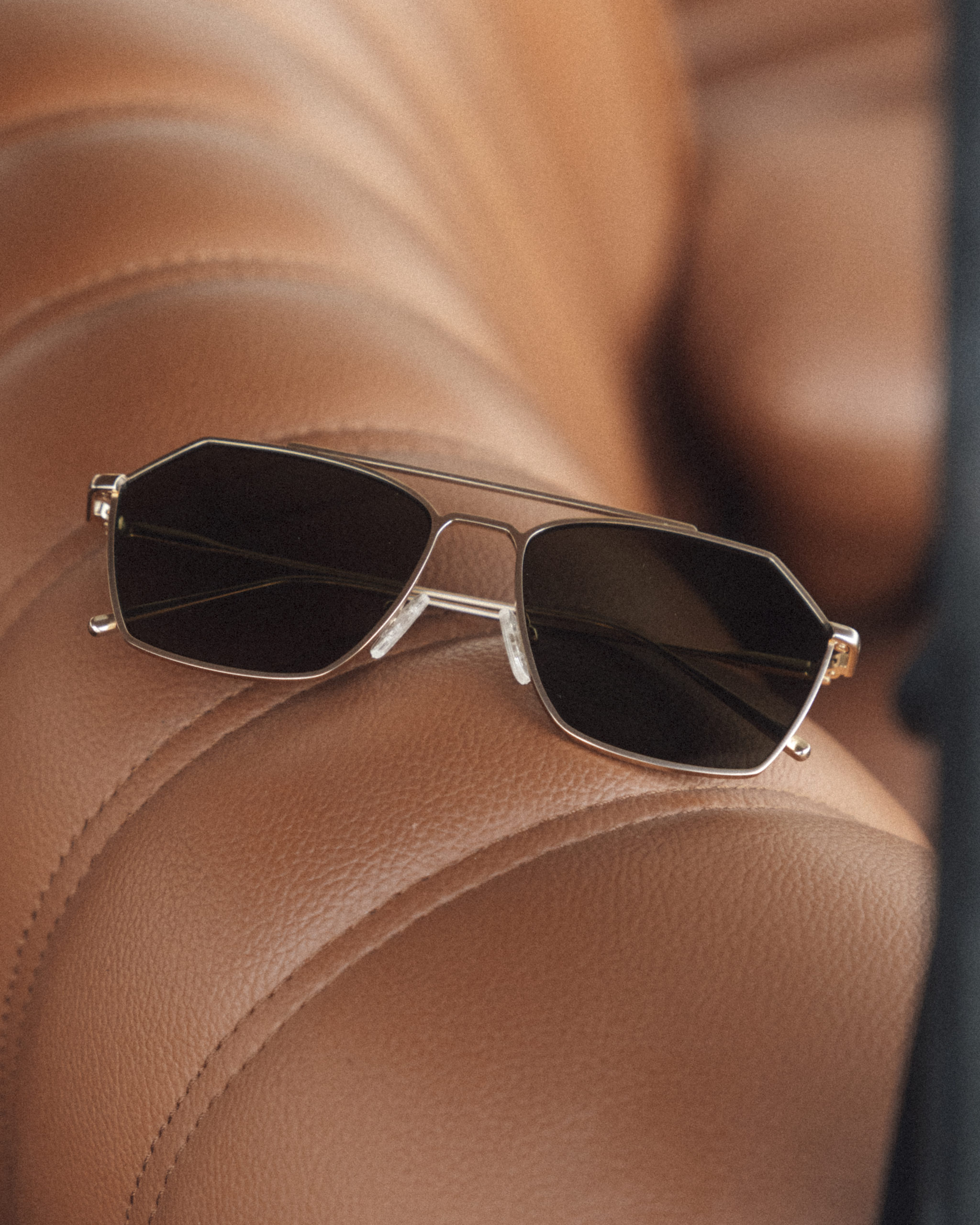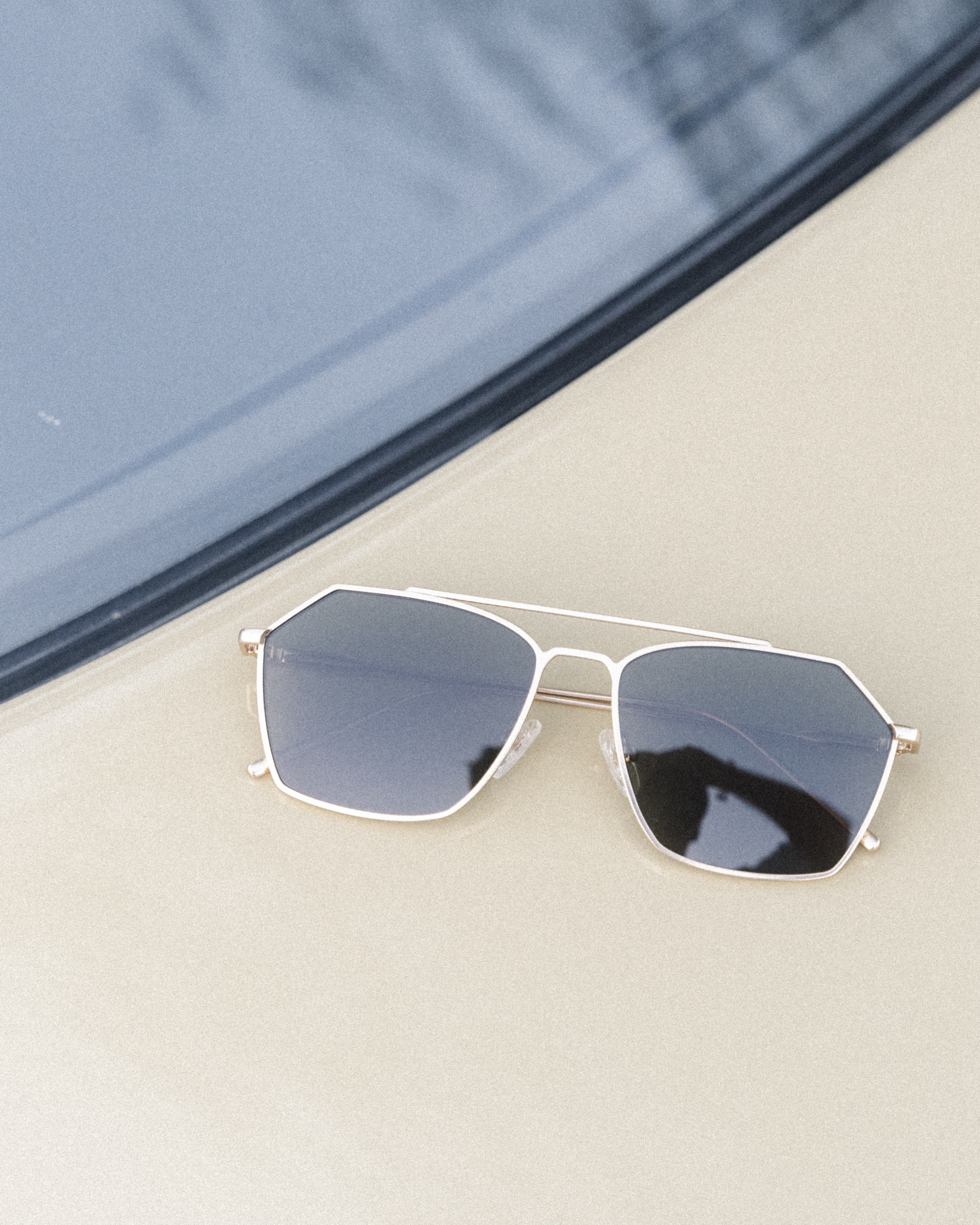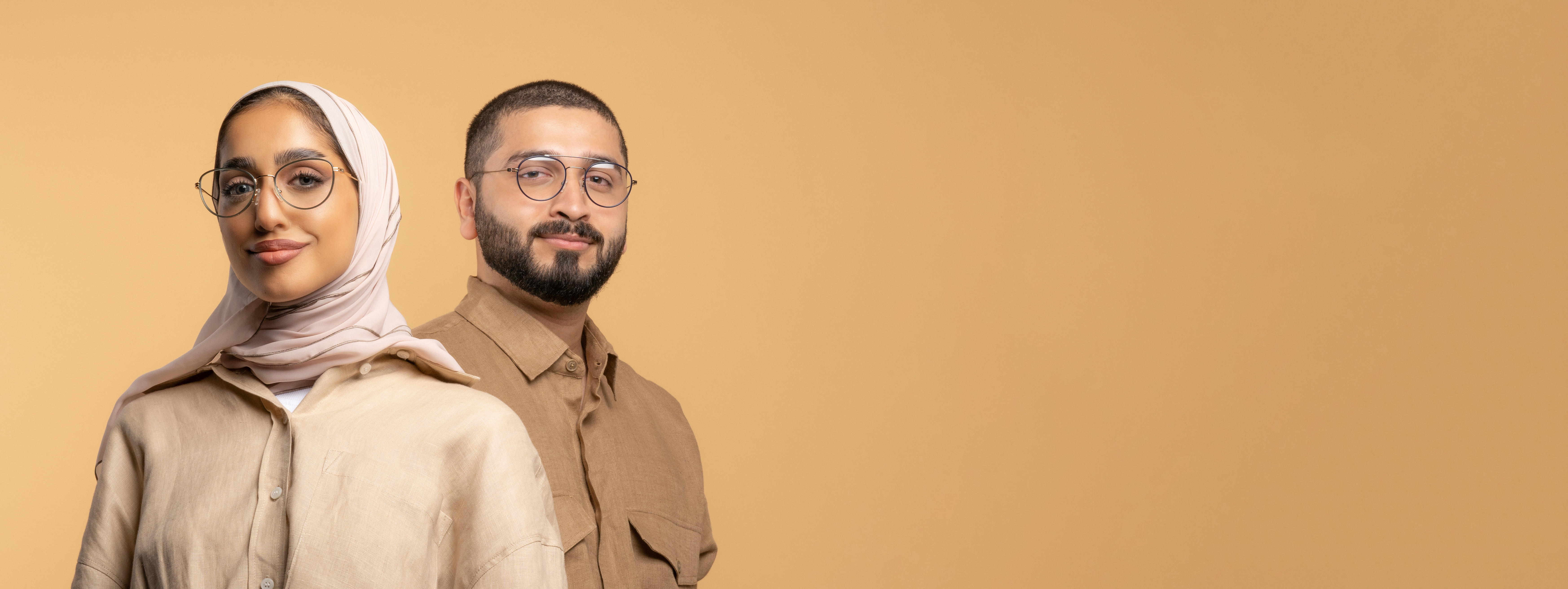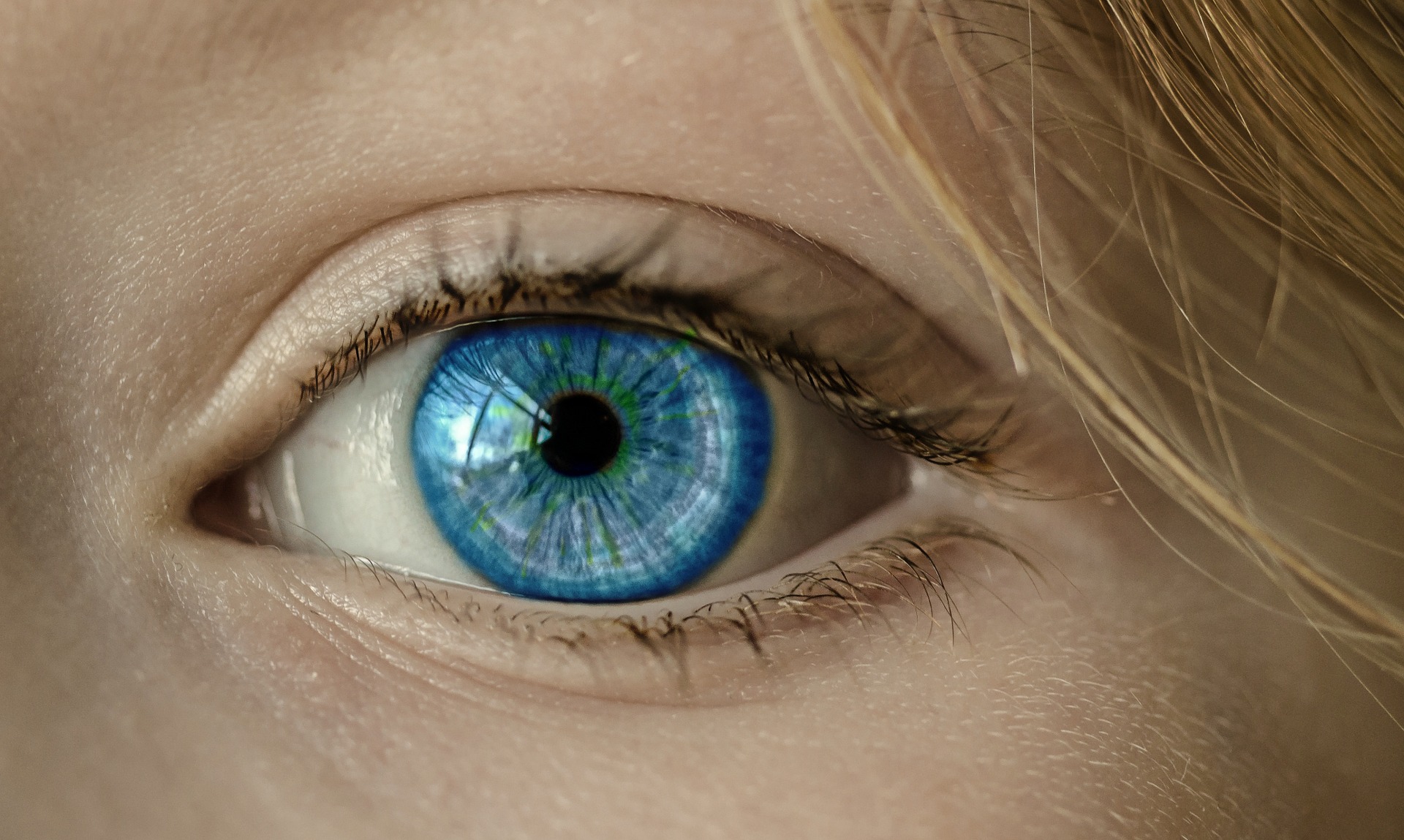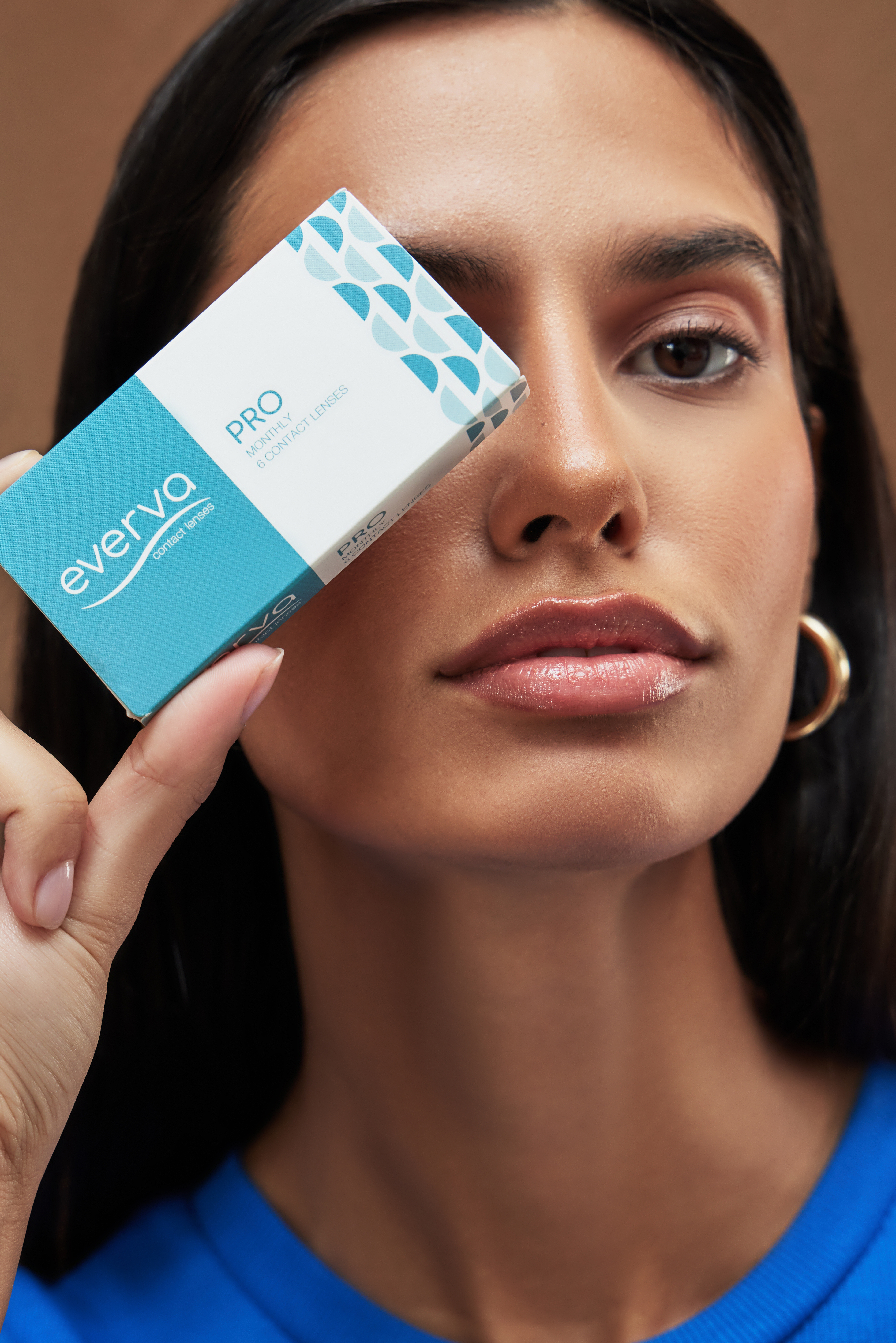Glasses Prescription Expiration: How Long Are They Valid and When to Update
Ensuring optimal vision and maintaining eye health rely on possessing a correct and valid prescription. Whether you choose prescription eyeglasses or contact lenses, verifying the authenticity of your prescription is imperative. Over time, vision changes can occur, making an outdated glasses prescription less effective. In this article, we’ll explore the concept of glasses prescription expiration, the regulations around prescription eyewear, and the importance of timely eye health checkups to maintain optimal vision.
 Woman wearing glasses (EYEWA122078)
Woman wearing glasses (EYEWA122078)
Understanding Glasses Prescription Expiration
Your glasses prescription is a set of specific numbers that indicate the lens power needed to correct your vision. It is typically provided by an eye care professional after a comprehensive eye exam. However, prescriptions are not meant to last indefinitely. They have a validity period, and using an expired prescription may lead to vision discomfort and strain.
The Validity Period of a Prescription
An online glasses prescription, like any other prescription, has an expiration date. In most regions, including the US and EU, the standard validity period for a glasses prescription is typically two years. However, the prescription validity period can vary depending on local regulations and individual eye health conditions.
The Importance of Regular Eye Health Checkups
 Woman with beautiful eyes (Layala1776)
Woman with beautiful eyes (Layala1776)
Regular eye health checkups are crucial for maintaining optimal vision and overall eye health. These comprehensive examinations go beyond just determining your prescription for glasses or contact lenses. Read on to learn more:
Monitoring Changes in Vision
Regular eye exams are vital in monitoring changes in your vision, which may occur gradually and go unnoticed. By seeking the expertise of eye care professionals, you can ensure the timely detection of any decline in eyesight. By comparing the results from your current exam to previous ones, they can identify subtle changes that might require a prescription update or further investigation.
Detection of Systemic Health Issues
Interestingly, eye health checkups can also provide insights into your overall health. The eyes’ blood vessels and optic nerve are closely linked to your circulatory system, which means certain health conditions may manifest in your eyes. During an eye exam, eye care professionals may spot signs of diabetes, hypertension, and high cholesterol, prompting you to seek medical attention and manage these conditions before they lead to more severe complications.
Eye Strain and Digital Eye Fatigue
In today’s digital era, the ubiquitous presence of digital devices has led to a significant increase in eye strain and digital eye fatigue among individuals. Indications of these conditions include dry eyes, headaches, and blurred vision that manifest particularly after prolonged periods of screen usage. During comprehensive eye health assessments, qualified eye care professionals not only diagnose these symptoms but also discuss effective strategies to alleviate them. Additionally, they offer valuable recommendations on how to reduce eye strain in order to enhance overall eye health.
Frequency of Eye Exams
Factors such as age, existing eye ailments, and overall health considerably impact the recommended eye exam frequency.
- People between the ages of 18 to 60 – Once every two years.
- People over the age of 60 – Once every year.
Children should have their initial eye examination at approximately six months of age, with subsequent evaluations at ages three and five, regardless of apparent vision issues. Thereafter, routine examinations every two years are typically adequate. It is also imperative to adhere to relevant prescription eyewear regulations and ensure that your prescription remains current.
 Man wearing glasses (EYE00272)
Man wearing glasses (EYE00272)
Vision Changes Over Time
Vision changes can develop gradually as a result of various factors, including but not limited to the natural aging process, underlying medical conditions, extended periods of screen usage leading to eye strain, and environmental influences. When certain signs become apparent, it is advisable to consider updating your prescription in order to maintain optimal visual acuity.
- Frequent headaches or eye strain
- Blurred vision, especially when reading or looking at close objects
- Difficulty seeing clearly at night
- Squinting or straining to see distant objects
- Eye fatigue or dryness
If you are experiencing any warning signs indicating potential eye issues, it is crucial to promptly schedule an eye examination for updating eyeglass prescription.
When it comes to finding top-notch eyewear that suits your personal style and specific visual requirements, we recommend exploring the diverse selection at Eyewa. Their comprehensive website showcases a wide array of options, making it effortless to find the ideal pair of eyeglasses for optimal visual acuity.
 A set of prescription glasses (EYE00137)
A set of prescription glasses (EYE00137)
Frequently Asked Questions
Can I use an expired eye prescription? / Can I get glasses with an old prescription?
Using an expired eye prescription is not recommended. As prescriptions have a validity period, relying on an outdated prescription may lead to inadequate vision correction and eye discomfort. Always ensure your prescription is current before purchasing new eyeglasses. Wearing glasses with an old prescription can strain your eyes and cause unnecessary discomfort. Therefore, it’s essential to get a new eye exam and update your prescription to ensure clear and comfortable vision.
How do I know if my eye prescription is expired?
The expiration date of your eye prescription is generally specified on the prescription itself. It is of utmost importance to be mindful of the validity period to ensure the usage of the correct prescription. To ascertain the validity of your prescription, seek guidance from your eye care professional or reference the date of your last eye examination. Maintaining accurate records of your eye exam dates will enable you to remain current with your prescription requirements.
How often should you get new glasses?
The frequency of obtaining new glasses is determined by the duration of your prescription’s validity and any alterations in your vision. Generally, in the US, EU, and many other regions, glasses prescriptions remain valid for roughly two years. However, this timeframe may differ based on individual eye health conditions and local regulations. Scheduled eye health checkups, recommended at least biennially for adults, play a crucial role in ensuring timely adjustments to your prescription.
How recent does a prescription have to be for glasses?
For most regions, including the US and EU, prescriptions for glasses are valid for approximately two years. However, the validity period can differ based on your location and individual eye health conditions. To determine how recent your prescription needs to be, check with your eye care professional. They will guide you on when it’s time for a new eye exam and prescription update.
How can I get a glasses prescription without going to the doctor?
Obtaining an accurate and current prescription is best achieved by visiting an eye care professional. While online platforms offer remote eye exams as an alternative, caution must be exercised in verifying the authenticity and reliability of these services before use. Consulting a licensed eye care professional is always advisable for the most precise prescription.
What do you do with expired prescription glasses?
It is advisable not to dispose of your old glasses when your prescription expires and you obtain a new pair. There are several options for dealing with expired prescription glasses:
- Keep Them as Backups: If your old prescription glasses are still in good condition, you can keep them as backup eyewear. They can be handy in case you misplace or break your primary pair.
- Donate Them: Many charitable organizations collect used eyeglasses to distribute them to people in need around the world. Donating your expired prescription glasses can help someone who can’t afford new ones improve their vision.
- Recycle: If your old glasses are damaged or no longer usable, consider recycling them. Some eyewear retailers and optical stores have recycling programs for old glasses.
Do glasses lose strength over time?
The durability of glasses remains constant, as the lenses themselves do not weaken over time. Nevertheless, it is possible for the efficacy of the prescription to decrease if one’s vision changes. Incremental modifications may occur to the eyes over time, rendering the current prescription ineffective in providing optimal vision correction. Regular eye examinations serve to identify any alterations in visual acuity and guarantee that one’s glasses offer the highest level of clarity and comfort.
 Man and woman wearing glasses (EYEWA122005-2
Man and woman wearing glasses (EYEWA122005-2
Conclusion
It is crucial to regularly update your prescription in order to maintain clear vision and promote eye health. Familiarizing yourself with the expiration of your glasses prescription and scheduling routine eye health checkups are key to ensuring optimal vision correction. Promptly consult your eye care professional if you encounter any changes in vision or discomfort, as staying proactive is vital. Remind yourself that healthy eyes contribute to a more vivid and improved world.

